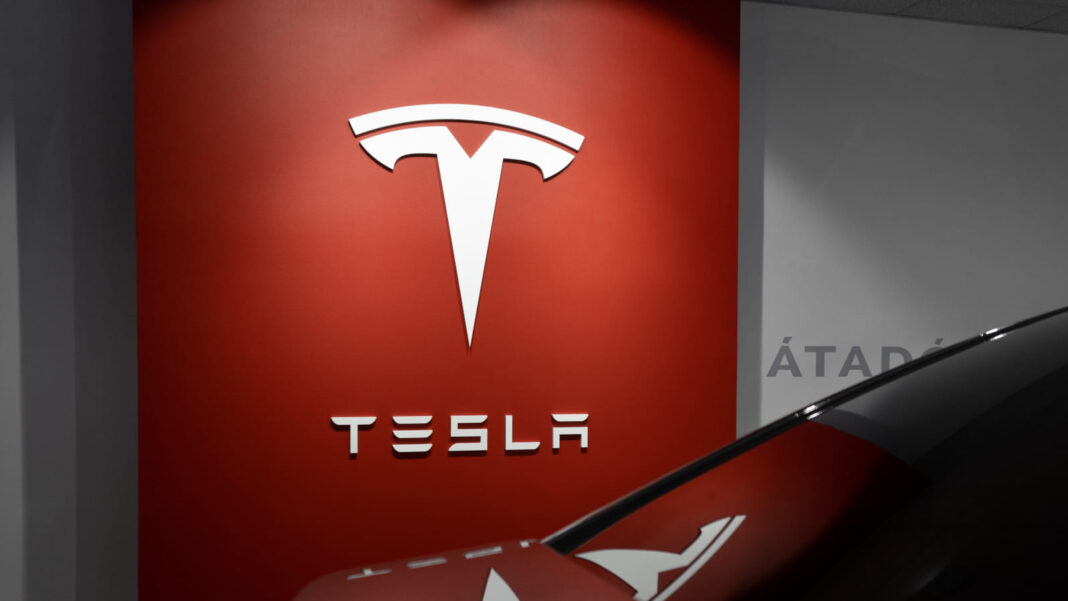The electric vehicle (EV) market is one of the most dynamic and competitive industries in the world.
As the shift towards sustainable transportation accelerates, investors are closely monitoring the performance and potential of EV stocks.
While Tesla has long dominated the sector, a growing number of rivals are emerging, challenging its supremacy. This article explores the future of EV stocks by comparing Tesla’s prospects with those of its competitors.
Tesla: The Benchmark of the EV Market
Tesla, under the leadership of Elon Musk, has become synonymous with electric vehicles. Its dominance stems from its innovative technology, robust manufacturing capabilities, and visionary branding. However, as the EV market evolves, Tesla faces both opportunities and challenges that will shape its future.
Key Strengths
- First-Mover Advantage
Tesla’s early entry into the EV market has allowed it to build a strong brand and establish a loyal customer base. The company remains a leader in battery technology, autonomous driving, and charging infrastructure. - Global Expansion
With Gigafactories across the globe, Tesla has positioned itself to meet growing demand in key markets, including the U.S., Europe, and China. - Profitability and Scale
Unlike many competitors, Tesla has achieved consistent profitability, giving it a significant edge in securing capital for future growth.
Challenges Ahead
- Rising Competition
Established automakers like Ford, General Motors, and Volkswagen, as well as startups like Rivian and Lucid Motors, are ramping up their EV offerings. - Market Saturation in Key Regions
As EV adoption accelerates, Tesla may face pricing pressures and reduced market share in its primary markets. - Regulatory Risks
Government policies and subsidies that have fueled Tesla’s growth could change, affecting demand and profitability.
Rivals on the Rise
The success of Tesla has inspired a wave of competition, with both legacy automakers and new players striving to carve out their share of the EV market.
Legacy Automakers
- Volkswagen Group
Volkswagen has made significant investments in EV technology, aiming to become the global leader by 2025. Its ID series and ambitious electrification plans make it one of Tesla’s most formidable competitors. - Ford and GM
Ford’s F-150 Lightning and GM’s Ultium battery platform demonstrate their commitment to electrification. Both companies leverage decades of manufacturing experience and extensive dealer networks.
New Players
- Rivian
Backed by Amazon and Ford, Rivian has focused on the lucrative pickup and SUV markets. Its vehicles, such as the R1T truck, have received critical acclaim, but production scalability remains a question. - Lucid Motors
Lucid targets the luxury EV market, with its flagship Air model boasting superior range and performance. While promising, the company’s future depends on scaling production and achieving profitability.
International Contenders
- BYD (China)
Supported by the Chinese government, BYD is a leader in battery technology and EV manufacturing. Its diverse product lineup and affordability make it a strong player in emerging markets. - Hyundai and Kia
South Korean automakers are aggressively expanding their EV portfolios with models like the Hyundai Ioniq 5 and Kia EV6, known for their cutting-edge design and technology.
Market Dynamics: Opportunities and Risks
- Regulatory Tailwinds
Governments worldwide are implementing stricter emissions regulations and offering incentives to promote EV adoption. This creates a favorable environment for all EV players but also raises the stakes for innovation. - Technological Advancements
Advances in battery technology, such as solid-state batteries, could dramatically lower costs and improve performance. Companies that lead in these innovations are likely to gain a competitive edge. - Economic Uncertainty
Supply chain disruptions, inflation, and geopolitical tensions could pose challenges to EV manufacturers. Companies with strong financials and diversified supply chains will be better positioned to navigate these risks.
The Investment Outlook
Tesla’s Stock Performance
Tesla remains the most valuable automaker in the world by market capitalization. While its stock has experienced volatility, Tesla’s ability to innovate and execute has kept investor confidence high. However, its valuation is often criticized as being overly optimistic, making it sensitive to market corrections.
Rivals’ Growth Potential
Rivals offer significant growth potential, especially as they scale production and expand into new markets. Many of these stocks are trading at lower valuations compared to Tesla, making them attractive to value-oriented investors.
Diversification in EV Portfolios
Investors seeking exposure to the EV sector should consider a diversified approach. This could include a mix of established leaders like Tesla, emerging players like Rivian, and international competitors like BYD.
Conclusion: Tesla vs. Rivals
The future of EV stocks will be shaped by technological innovation, market expansion, and the ability to adapt to changing regulatory and economic landscapes.
Tesla’s leadership is undeniable, but the competition is fierce and growing. For investors, the EV sector offers exciting opportunities, but careful analysis is crucial to navigating its complexities.
As the EV market evolves, one thing is clear: the race is far from over, and both Tesla and its rivals will play pivotal roles in shaping the future of transportation.
Also Read
Nvidia stock analysis: Is it a buy, hold, or sell?
GME stock in 2024: Should you buy, hold, or sell?
